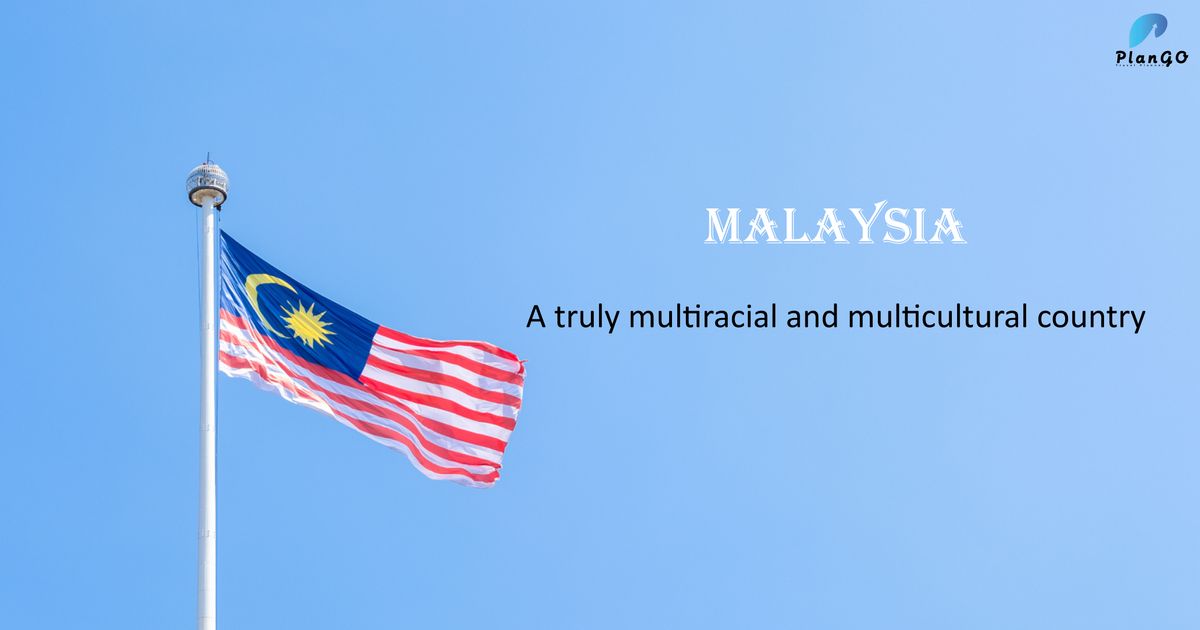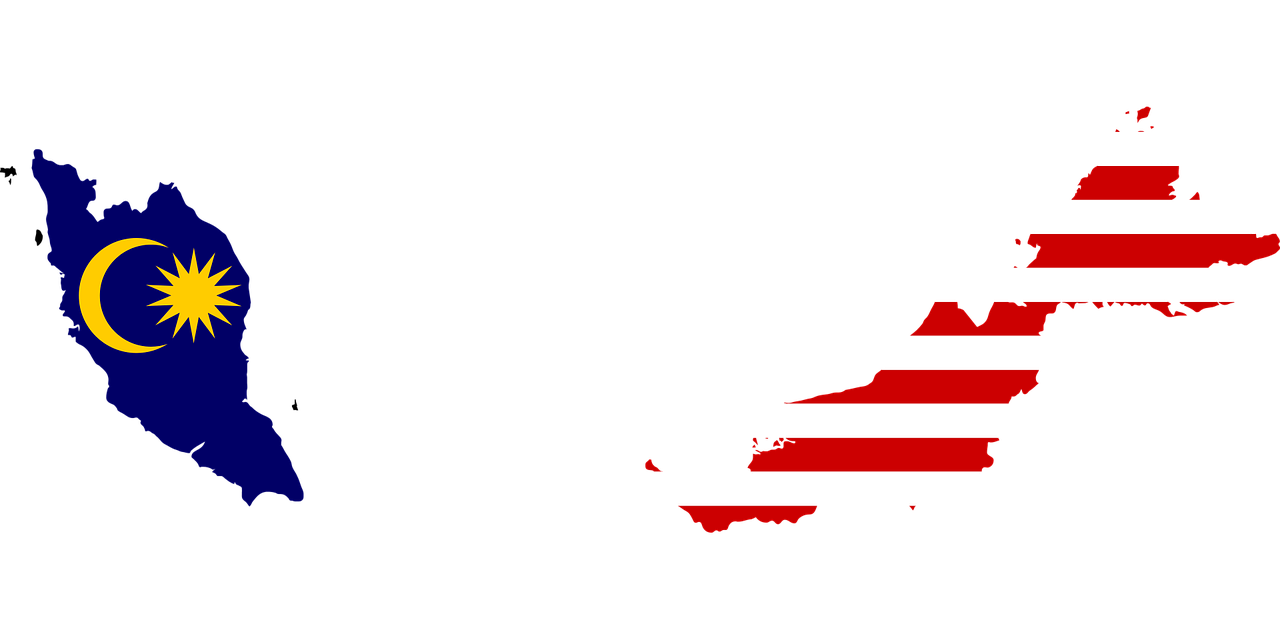
About Malaysia
History
Malaysia is located on a strategic sea lane that exposes it to global trade and economy. The Portuguese were the first European colonial powers to establish themselves on the Malay Peninsula and Southeast Asia, capturing Malacca in 1511, followed by the Dutch in 1641. After that was English who, after initially establishing bases at Malaya (Malaysia). Japanese invasion during World War II ended British rule in Malaya. After the Japanese surrender from Malaya due to being defeated by the Allies, Malayan Union was established in 1946 by the British administration. Todays, we can see there were few beautiful colonial buildings in Malaysia: Kellie’s Castle (Perak), The City Hall (Penang), St. Michael's and All Angles Church (Sabah), Kuala Lumpur Railway Station (Kuala Lumpur), St. Mary's Cathedral (Kuala Lumpur), Atkinson Clock Tower (Sabah), St. George's Church (Penang), Christ Church (Melaka).

Map
The states and federal territories of Malaysia are the principal administrative divisions of Malaysia. Malaysia is a federation of 13 states (Negeri) and 3 federal territories (Wilayah Persekutuan).

Religion
The constitution of Malaysia states Islam is the “religion of the Federation, but other religions may practice in peace and harmony”. Based on 2010 research, Malaysia religions demarcation is led by Muslim (61.3%), Buddhist (19.8%), Christian (9.2%), Hindu (6.3%).
Weather
Malaysia is tropical weather year around, generally hot and humid with interspersed of tropical rain showers especially at year end. Average Temperatures at Kuala Lumpur is around 23 - 32ᴼC/ 73 - 90ᴼF.
Currency
Malaysian Ringgit (MYR). ATMs and cash machines are widely available throughout the country, can easily spotted at shopping malls and petrol stations. Usage of credit cards and digital wallets are pretty common at the country, widely accept Visa and Mastercard. Some tourist spots do accept transaction from Alipay, PayPal and WeChat Pay.
